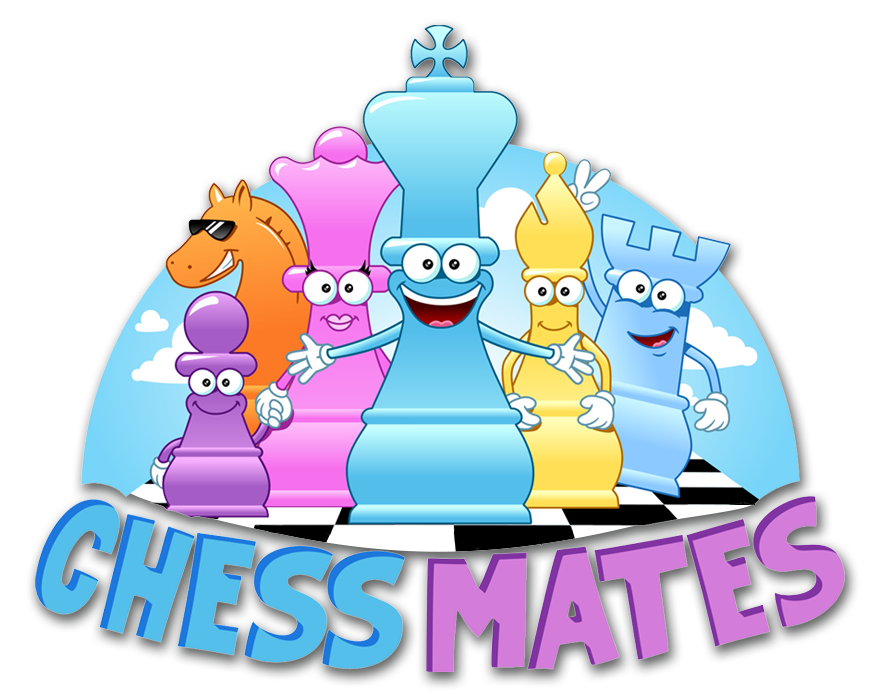Potent Parenting: Four points for your thought
Top tips & avoiding tricks
A new term is on its way, bringing a new series of challenges for parents and children alike. Let’s turn to some important thoughts about our kids experiences and development, and how they can get the best out of a difficult situation.
Here’s a list of four things to explore in your approach to parenting.
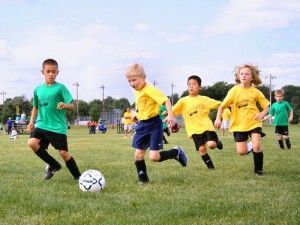 1) It’s not what sport children play, but how they play it that matters.
1) It’s not what sport children play, but how they play it that matters.
Sports are not a win-win activity for kids. Despite popular notions, activities like sports are only as valuable as the relationships and self-respect they enable, alongside the physical benefits. That’s why unstructured activities can have just as much merit as highly organised sport.
“Those scoring in the “above-average” creativity bracket reported spending 15% of their total childhood leisure time playing informal sports versus 13% playing organized sports. The participants with “below-average” creativity, on the other hand, spent only 10% of their childhood leisure time playing informal sports versus 22% in organized sports”. (More on that here ).
 2) To appreciate the importance of learning, kids like to see it in action.
2) To appreciate the importance of learning, kids like to see it in action.
“ Why do I need to learn maths?” can be a difficult question to answer for anyone, teachers included. The same question arises in any area of learning, and requires the same approach: demonstrate how it is involved in their day-to-day life. In the case of maths (and chess for that matter) we don’t need to look far at all. Planning for the day is a deeply mathematical, strategic exercise. An example might be, “If getting dressed and packing your bag takes half an hour, breakfast takes another half an hour, and getting to school takes twenty minutes, by what time do you have to be out of bed to get to school at 8.20am?”
“ …When travelling, children can look for patterns in car number plates (digits that are consecutive 3, 4, 5 or prime 2, 5, 7 or square 144). They might predict which routes are quickest while using updated data on mobile devices, or determine how much of their favourite TV shows are devoted to advertising.” (More on this here ).
 3) Healthy eating habits can’t be made with tricks: it’s about time, patience and honesty.
3) Healthy eating habits can’t be made with tricks: it’s about time, patience and honesty.
Few parents can claim innocence when it comes to the trick of disguising vegetables behind more gratifying substances. Few should be surprised to find the gratifying substance consumed with gusto, leaving the vegetables neatly abandoned on the plate. Bribes and threats at the table are bound to produce negative results in the long term. Both approaches clearly signify to your child that vegetables are something they should feel resistance towards and they will happily avoid them whenever the incentive isn’t there.
The trick is that there is no trick. Healthy eating starts long before the (important) positive effects are felt. Food preference is established by repeated positive, conscious encounters. Patience and neutrality are vital.
“ Vegetables must be offered frequently, without pressure – and you mustn’t get discouraged by the inevitable “no”. Even if you have missed the first window of opportunity, all is not lost. Parents can lose hope after offering the same vegetables between three and five times, but, in reality, toddlers in particular might need up to 15 exposures . ” ( More on that here ).
4) A partnership approach
Bribes and punishments teach kids to seek rewards and avoid punishments instead of using their judgement. The key is a partnership approach, including:
- Propose actions as choices/invitations, not commands. “Would you like to brush your teeth before or after putting on your pyjamas?” instead of “Brush your teeth!” (more on “gentle but not permissive parenting” here ).
- If we remember the golden rule – “How would I want to be treated in my child’s position?” – the approach naturally leads to building your kid’s responsibility, in most areas of activity: “Should we start using the clothesline instead of the dryer?” as well as “How many more swings before we leave the park?” Obviously, immediate situations (like running unexpectedly onto the road, or hurting another child) aren’t the best moment for extended reasoning, and a swift, direct prevention is necessary. The negotiation can still occur, only afterward:
“ If they are crying, try to listen to them and reassure them we’ve heard they’re upset. After all, they’ve just had their agency compromised by our concern for their safety. You could say something along the lines of, “I hear you have some big feelings about my stopping you from [whatever it was].”… “I hear that you really wanted to see what the hotplate felt like, but I can’t let you touch it as it will burn you.” If they were being rude, you could say, “I know you don’t mean to be hurtful, but saying things like that can make people sad. ” (more on “behavioural parenting” here ).
The post Potent Parenting: Four points for your thought appeared first on Chess Mates.

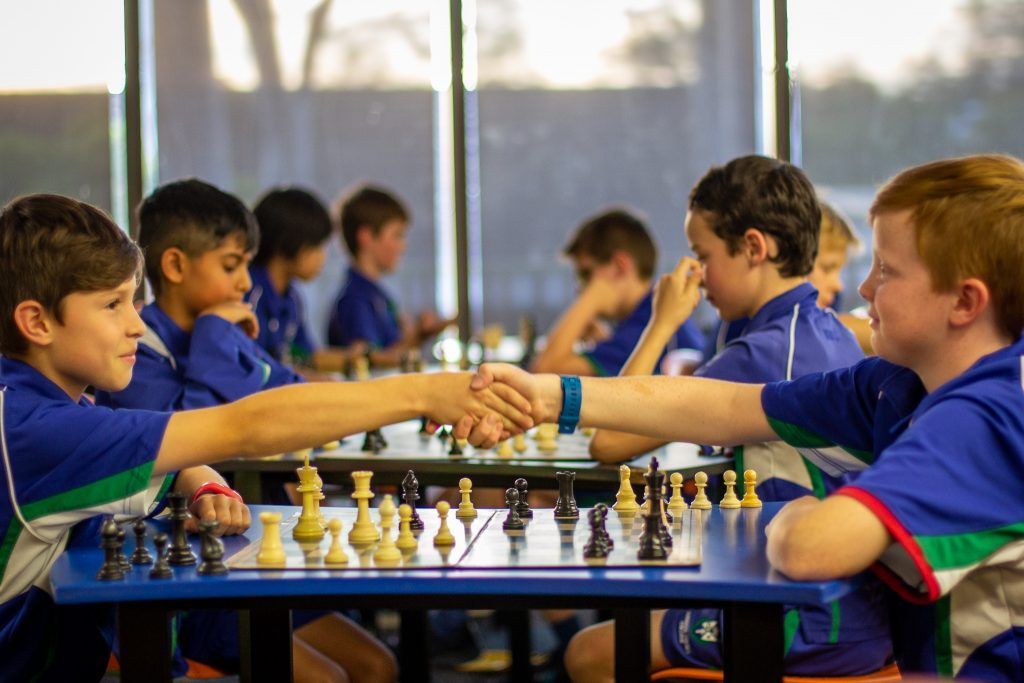
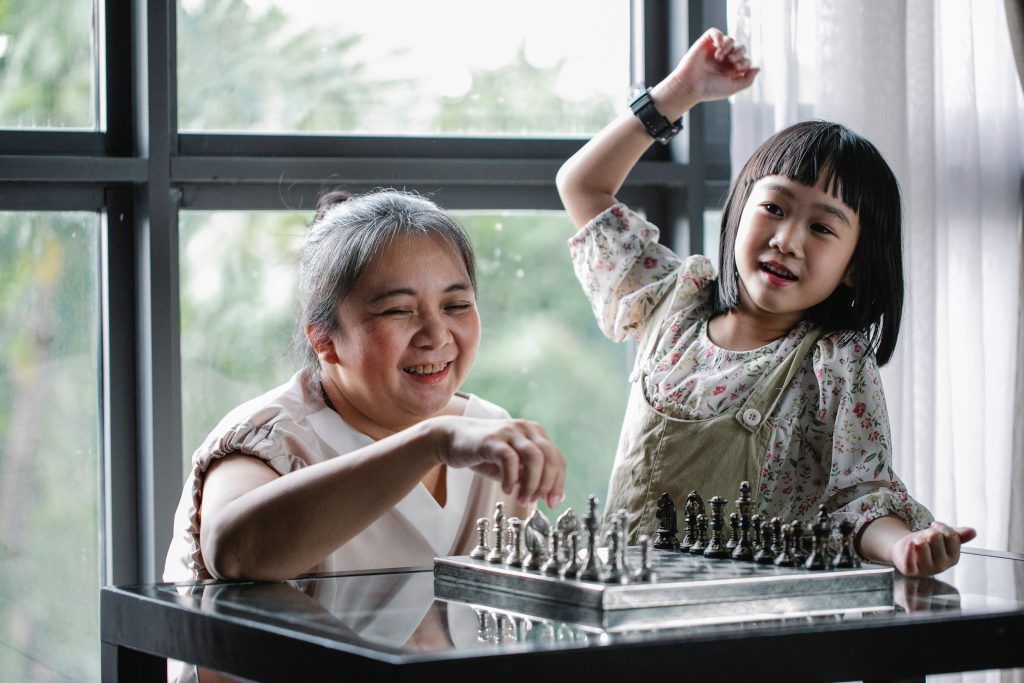
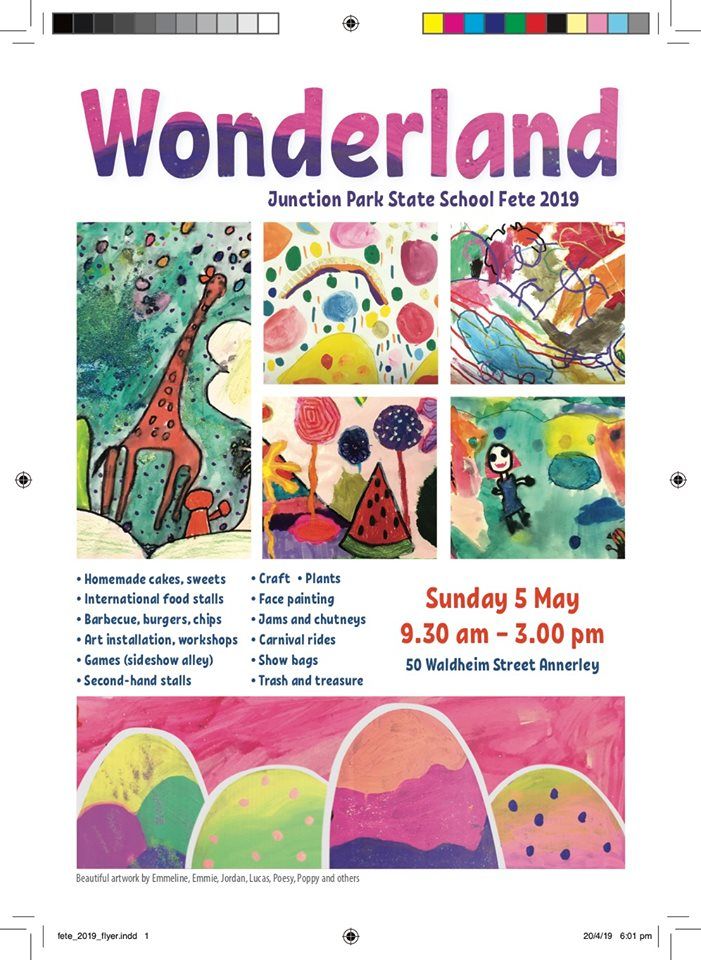


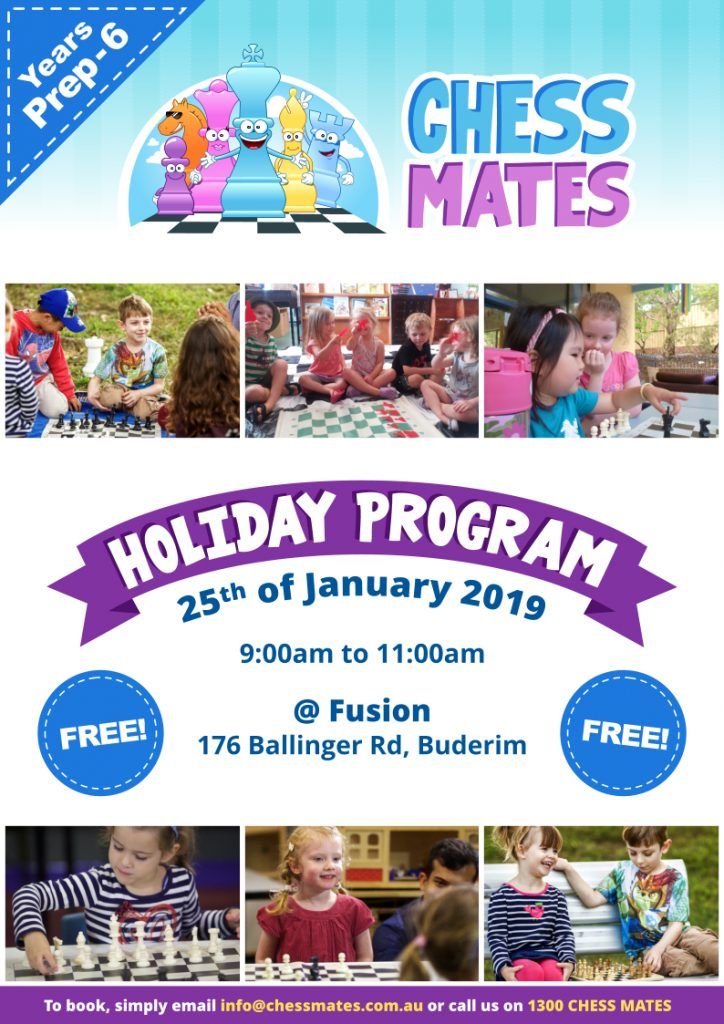


Chess Mates acknowledges the traditional custodians of our land who have been learning and educating on Country for over a thousand generations. We pay our respects to their Elders, past, present and emerging.
COPYRIGHT © CHESS MATES TUTORING PTY LTD. ALL RIGHTS RESERVED.
